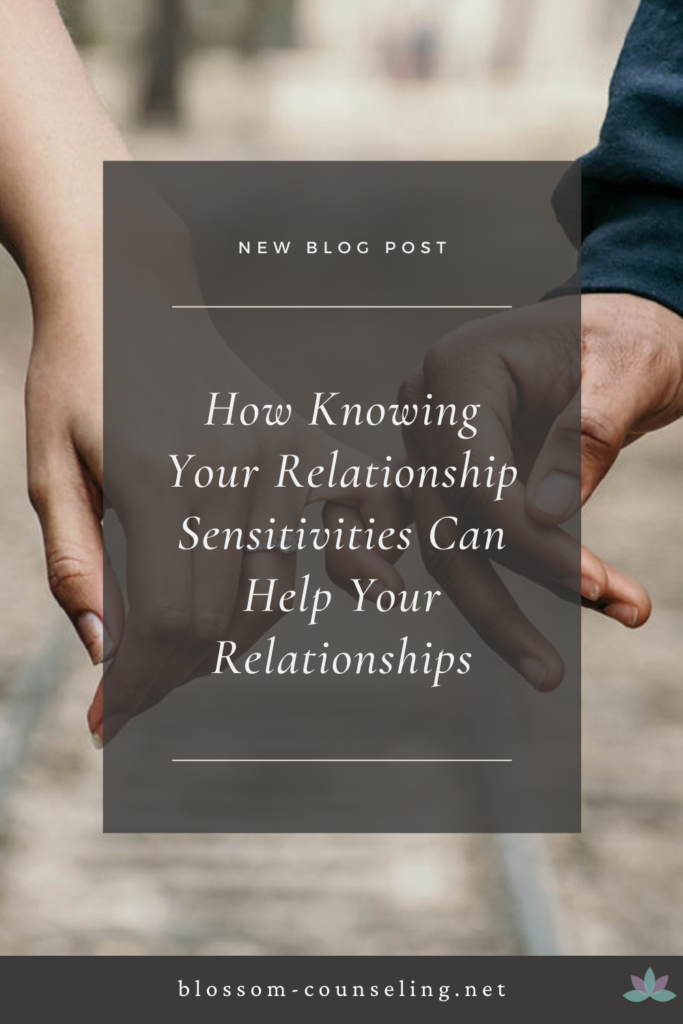
Friendship is a beautiful and essential part of human life. It’s built on trust, mutual respect, and shared experiences. However, as we grow and evolve, our interests, values, and beliefs can change, and this can lead to outgrowing friendships. It can be tough to acknowledge that a once-close bond is no longer serving us or that we have grown apart, but it’s a necessary part of personal growth. In this post, we will discuss three reasons why we may outgrow a friendship and how to handle it.
Different Life Stages
One of the most common reasons for outgrowing a friendship is a difference in life stages. We all go through different stages in our lives, and these stages bring significant changes in our lifestyles. For instance, starting a career, getting married, or having children can be life-changing events that can significantly alter our priorities and the amount of time we have for socializing with friends.
If your friend is still in a different phase of life, it can be challenging to maintain the same level of closeness you once had. For example, if you are busy juggling a career and family responsibilities, you may not have as much time for socializing as you did in college. In contrast, your friend may still be partying and enjoying a carefree lifestyle. In such a case, it’s essential to communicate your need for space and understanding.
It’s important to note that just because you’re in different life stages doesn’t mean the friendship is over. It’s possible to find new ways to connect and maintain a healthy relationship despite the changes.
Growing Apart
Another reason why we may outgrow a friendship is that we may grow apart. As we mature, we may develop new interests, values, and beliefs that differ from those of our friends. It’s natural to change and evolve as we go through different stages in life, and sometimes, our friends may not grow in the same direction as we do.
For example, if you were once inseparable with your friend because you both loved partying and drinking, you may find that you no longer enjoy that lifestyle. In contrast, your friend may still be entrenched in that culture, leading to a gradual drifting apart. In such a case, it’s essential to communicate your feelings and try to find common ground to maintain the friendship.
It’s important to remember that it’s okay for friendships to change and evolve over time. It doesn’t mean that the friendship was never genuine or that the memories and experiences you shared weren’t meaningful. Instead, it’s a sign of personal growth and maturity, and it’s essential to recognize and appreciate the value of the friendship, even if it’s no longer what it once was.
Toxic Relationships
Lastly, we may outgrow a friendship because it has become toxic. Toxic friendships can be damaging to our mental and emotional health, leading to feelings of anxiety, depression, and low self-esteem. Signs of a toxic friendship include constant criticism, manipulation, and emotional abuse.
If you find that your friendship has become toxic, it’s crucial to set boundaries and distance yourself from the situation. It’s okay to let go of a friendship that is no longer serving you and is detrimental to your well-being. If you find it challenging to handle the situation on your own, consider seeking help from a therapist or counselor.
Outgrowing a friendship can be a painful experience, but it’s a natural part of personal growth. As we evolve as individuals, our relationships may change, and that’s okay. It’s essential to communicate honestly and openly with our friends about our feelings and needs. It’s also crucial to recognize when a friendship has become toxic and to take steps to protect our mental and emotional wellbeing.
Remember that it’s okay to let go of a friendship that no longer serves you, and it doesn’t diminish the value of the memories and experiences you shared. Instead, it’s a sign of maturity and personal growth, and it’s an opportunity to make space for new relationships that align with your current values and interests.
|
|




